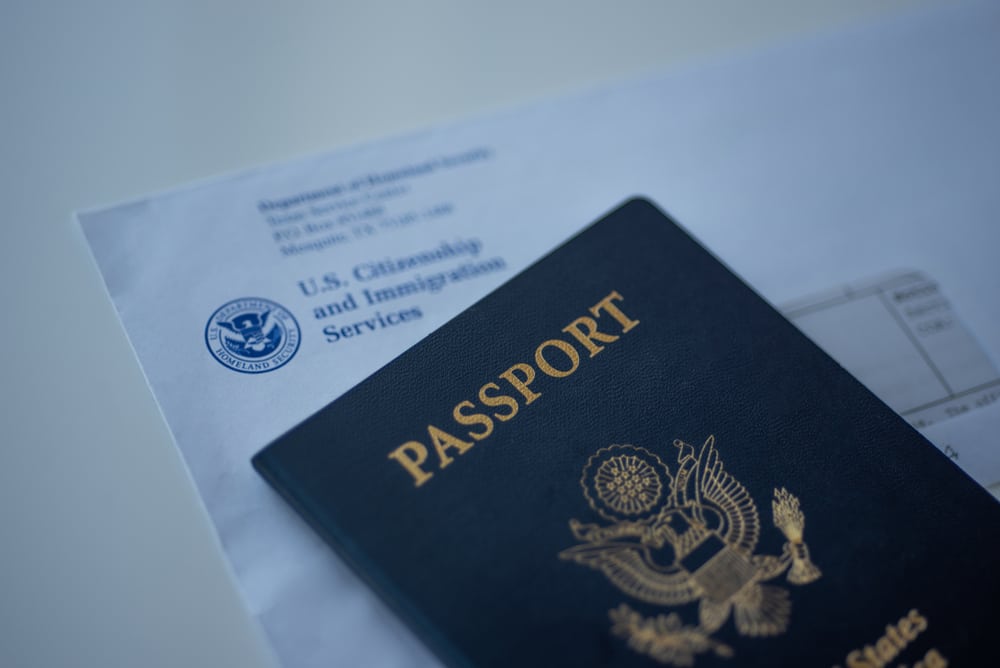Understanding Exit Tax: 5 Important Things You Need to Know as an Expat

Some Americans see U.S. tax as a complex obligation, especially for expats. As such, some of them would rather renounce their citizenship and establish a new tax home to avoid the risk of double taxation and other tax complications. However, as difficult and time-consuming as the process of renouncing your citizenship is, the final step is yet another tax-related step. Before finalizing your renouncement, exit taxes are necessary to officially cut your ties with the IRS and the U.S.
This article will give you a comprehensive explanation of everything you need to know about this process to guide you on the ins and outs of exit tax and how you should handle it.
What is the Exit Tax?
Many Americans have expressed their dissatisfaction with the U.S. tax system. In fact, according to research by Pew Research Center, about 62% of Americans describe the current tax system as either not too fair or not at all fair.
Still, U.S. citizens must tie up loose ends with the IRS if they wish to renounce their citizenship or long-term residency via the exit tax.
So, what is the exit tax? This tax applies to both U.S. citizens and long-term residents who wish to terminate their ties with the IRS and the U.S. However, you are only to have this obligation if you are considered a covered expatriate. Here are the qualifications:
- At the time of expatriation, you had a personal net worth of more than $2 million.
- Your five-year average net income tax liability exceeds the amount dictated by the IRS ($172,000 in 2021).
- You have not indicated on Form 8854 that you submitted a tax return for the last five years
5 Things Expats Should Know About Exit Tax
1. The exit tax is for unpaid taxes
The exit tax is imposed not as a penalty for renouncing your citizenship or residency but as a final bill for unpaid taxes. These taxes may include:
- Unfiled tax returns
- Untaxed assets, including funds in retirement accounts or capital gains from homeownership
2. Make sure you have your tax filings correct
Processing exit taxes should be easier if your tax returns are correct. Failure to file your taxes correctly can create future issues. Which is why you must keep records of your tax filings. You’ll need these records to prepare future tax returns and computations when filing an amended return.
Correct tax filings make it easier to prepare financial statements, keep track of your deductible expenses, and support items indicated on your tax returns, among other things.
3. File Form 8854 with the correct details
Form 8854, or the Initial and Annual Expatriation Statement, must be filed by every U.S. citizen or resident with the IRS before finalizing their renouncement of citizenship or residency. This form will show that you are not a covered expatriate and prove to the U.S. government that you have settled all your tax bills.
4. You can minimize your exit tax but not completely skip it
Being a covered expatriate simply means you are not immune to the exit tax, and certain transactions, even after the expatriation date, are still taxable. However, you may be able to minimize your exit tax with the right planning.
Here are some ways to minimize exit taxes:
- The easiest way to avoid the exit tax trap for long-term residents is to avoid becoming legal permanent residents.
- A legal permanent resident must have lived in the U.S. for at least 8 of the previous 15 years, so try to time your expatriation status accordingly to avoid the 8-year trap.
- Reduce your net worth to below $2 million by restructuring your asset holdings. For example, if your spouse isn’t expatriating, you can split your assets to take full ownership of a joint bank account while your spouse gets full ownership of the family home. Just make sure that your net worth is below the said amount.
- Fix any noncompliance in your tax returns from the previous five years.
5. Work with a tax professional to get the right computation
Get in touch with someone who can help you navigate the tax laws and provisions. As an expat, asking for the help of tax professionals will free you of the burden and allow capable experts to do the work.
Tax professionals advise clients on producing tax return documents that follow laws and regulations. Their expertise allows them to forecast how much your exit tax is and help you minimize it.
Stay Prepared for Challenges
U.S. tax laws are complex, so you must equip yourself with the right knowledge to settle them. Exit taxes are not completely avoidable, but you can minimize them. If you fall under categories subject to these taxes, the tips above can help you iron out the process.
To ensure proper processing, partner with tax professionals with a proven track record in U.S. tax laws, including exit tax. If you require a tax resolution partner, Tax Samaritan offers top-notch services to resolve your tax dilemmas. Contact us today at Tax Samaritan.

All About Randall Brody
Randall is the Founder of Tax Samaritan, a boutique firm specializing in the preparation of taxes and the resolution of tax problems for Americans living abroad, as well as the other unique tax issues that apply to taxpayers. Here, they help taxpayers save money on their tax returns.